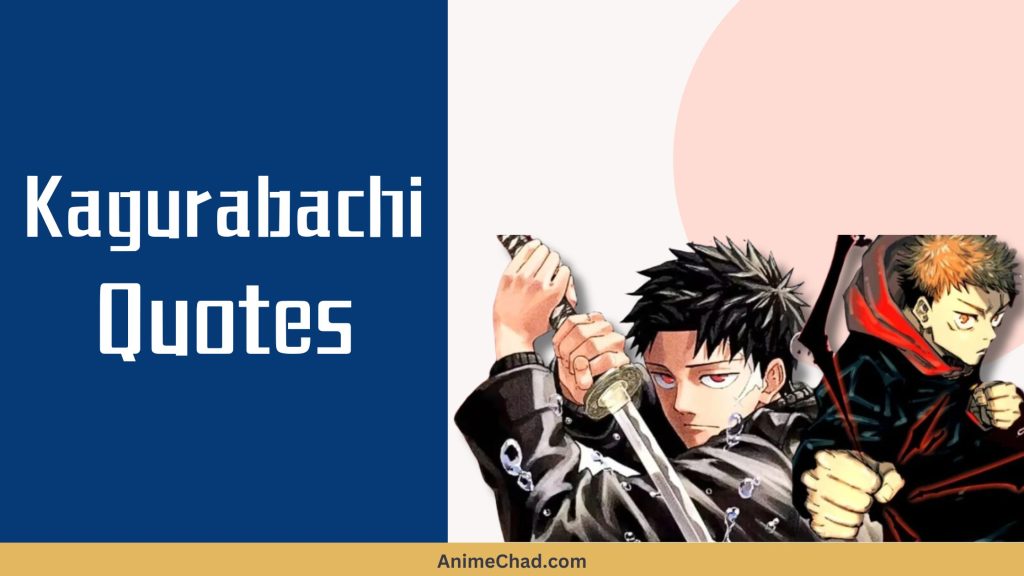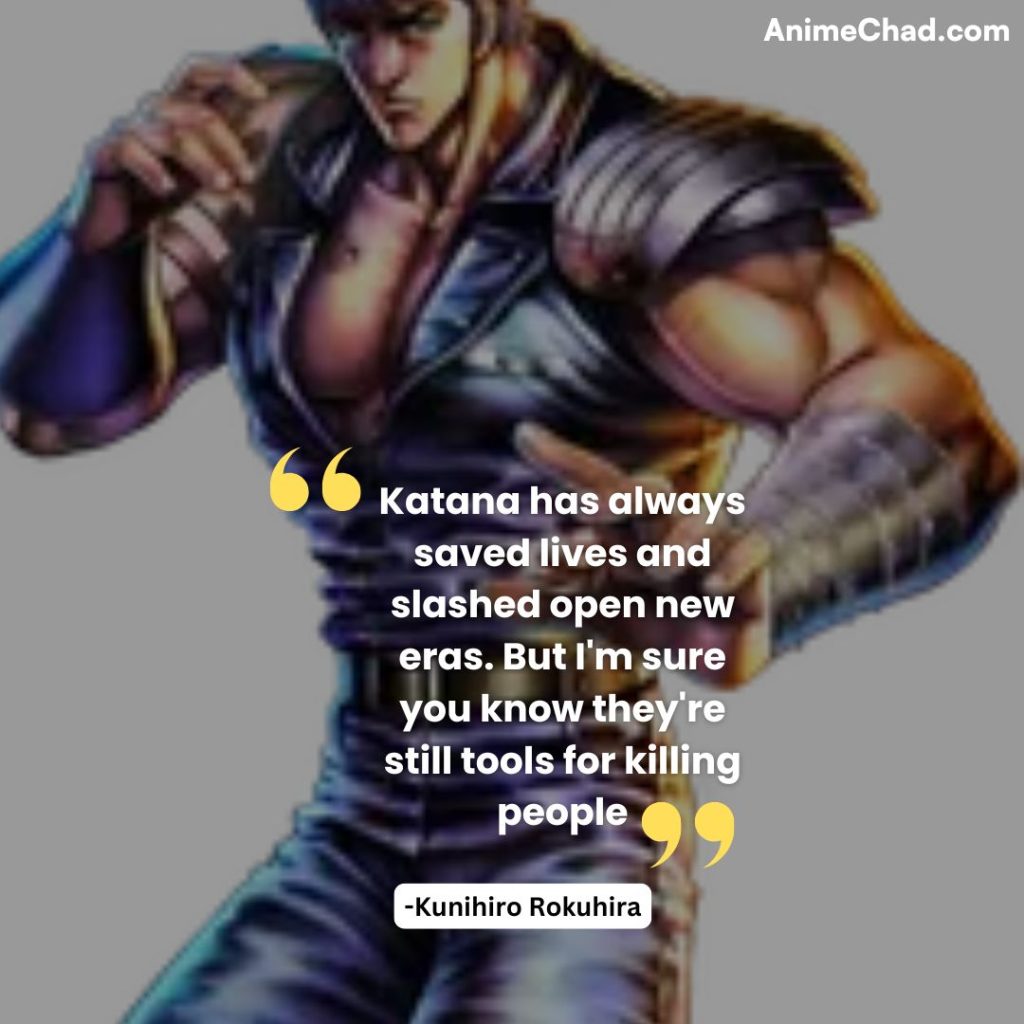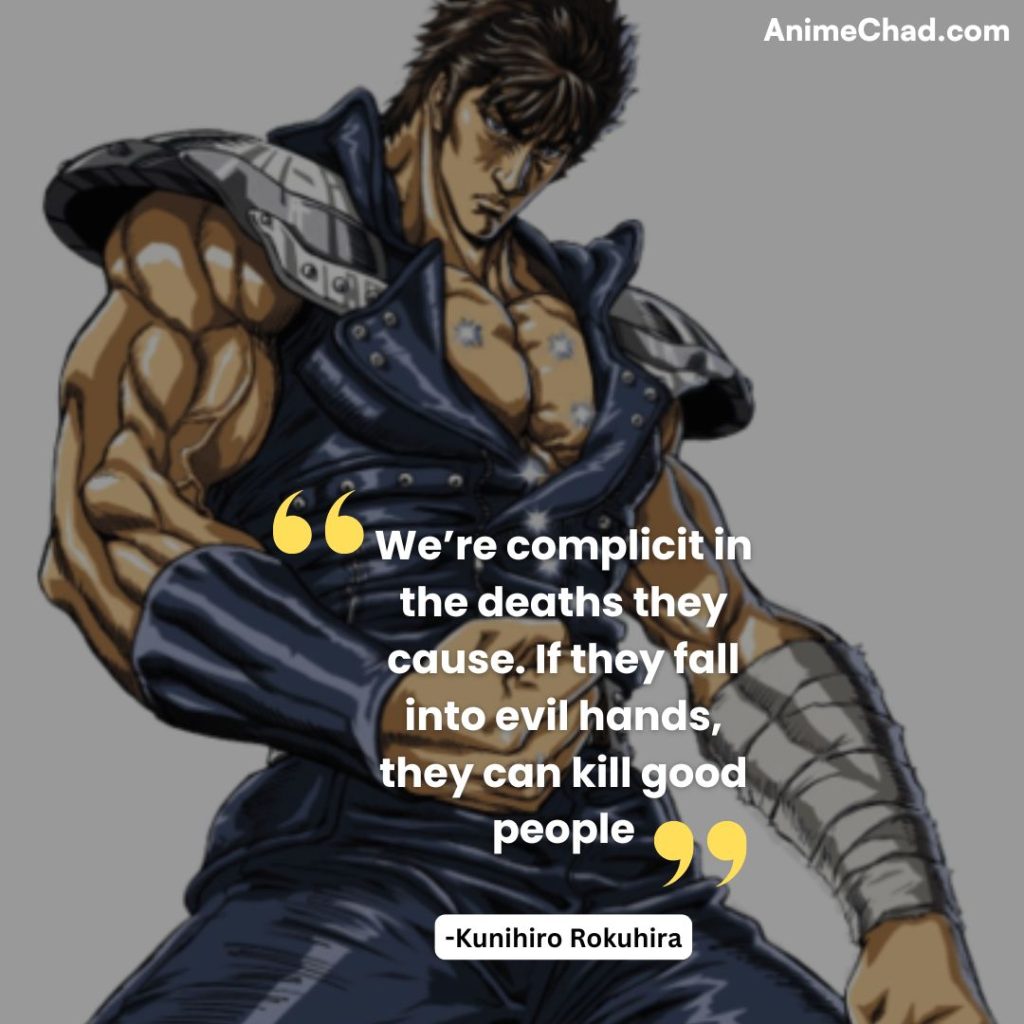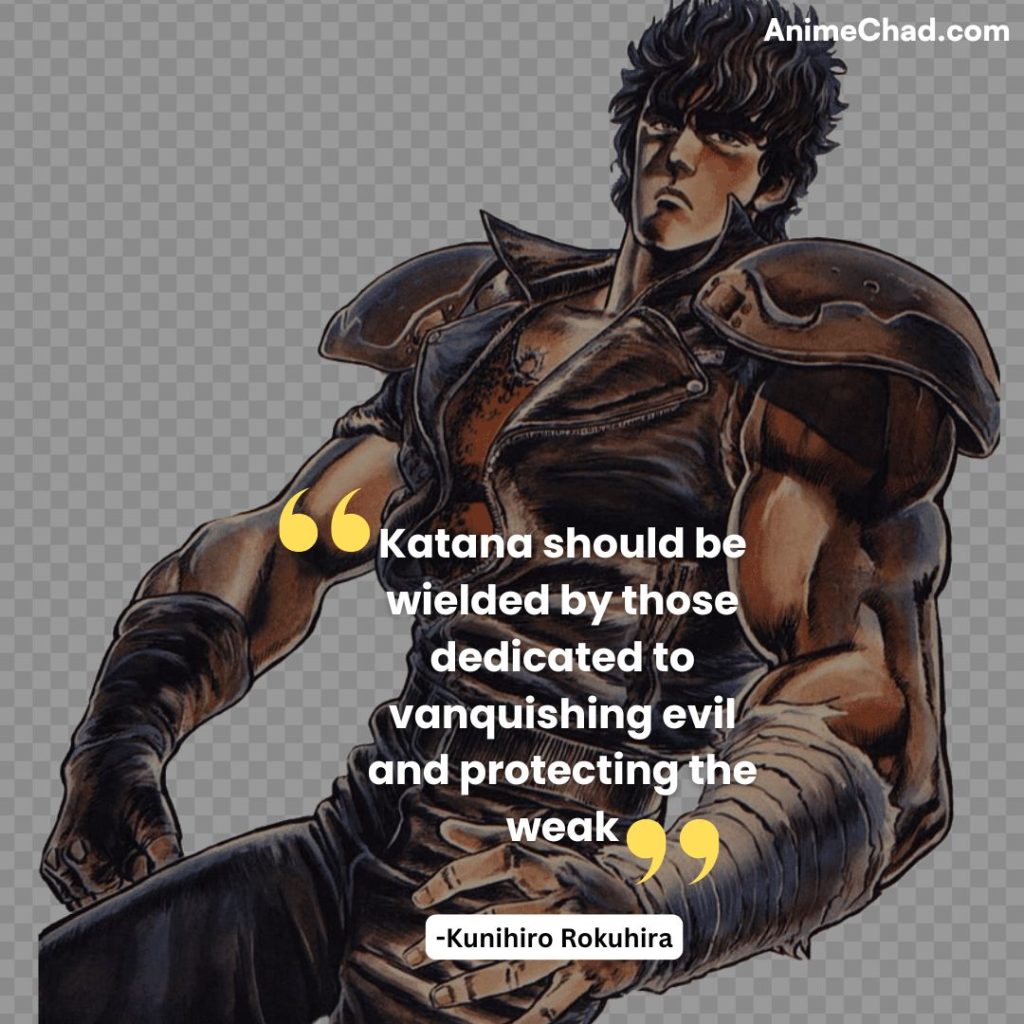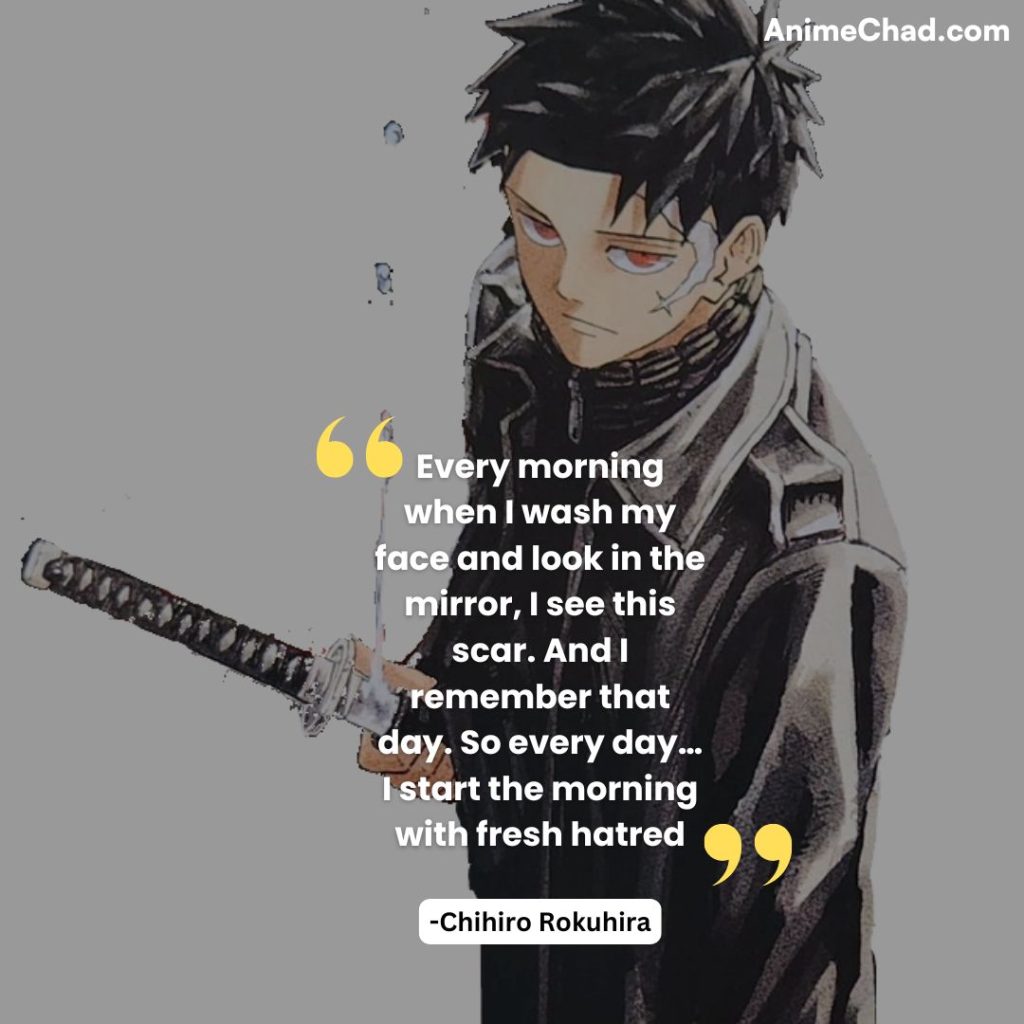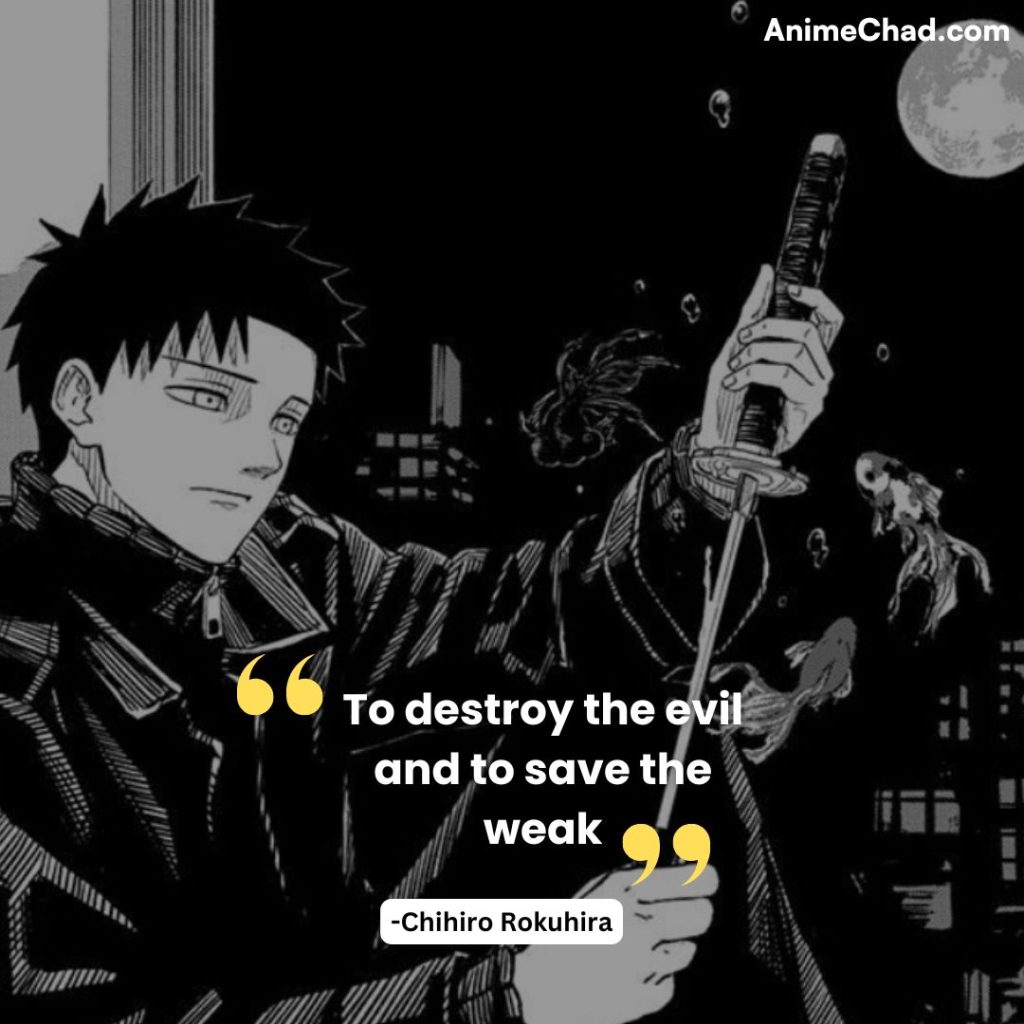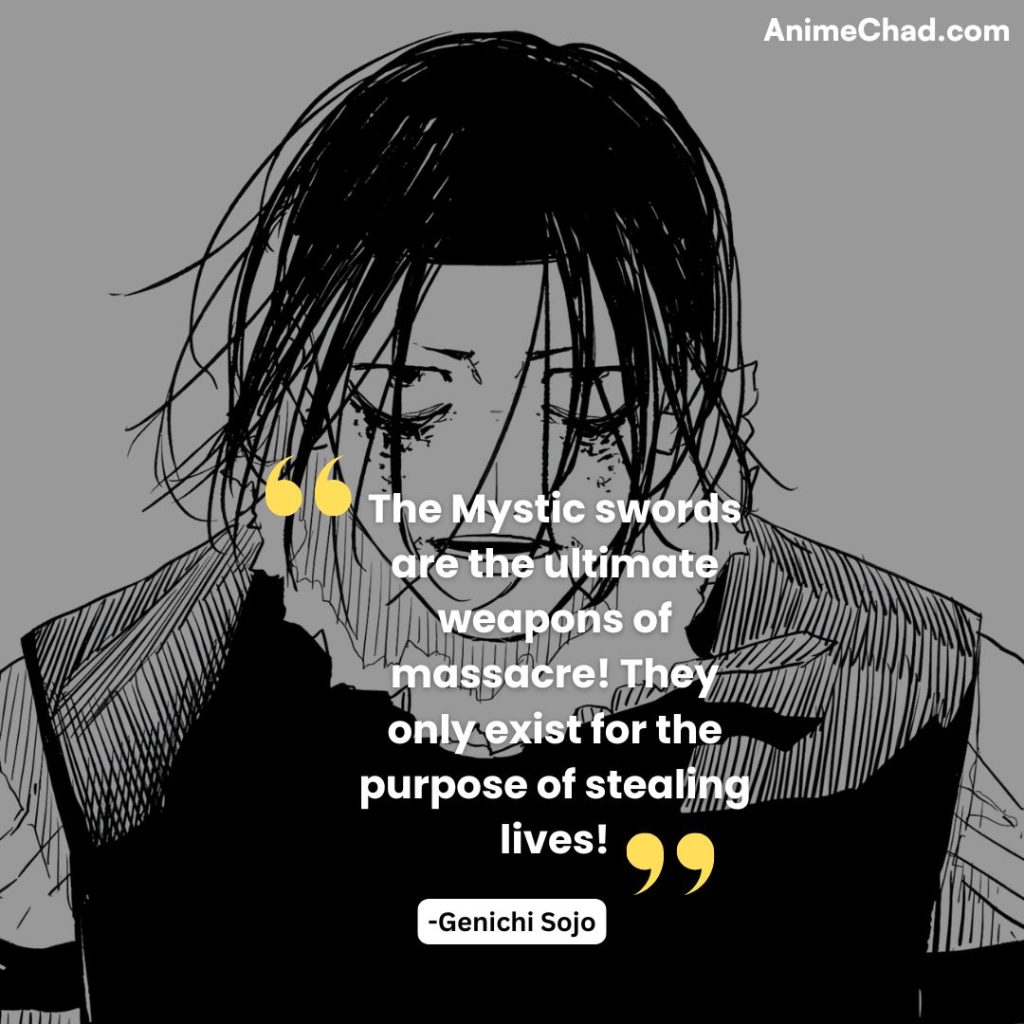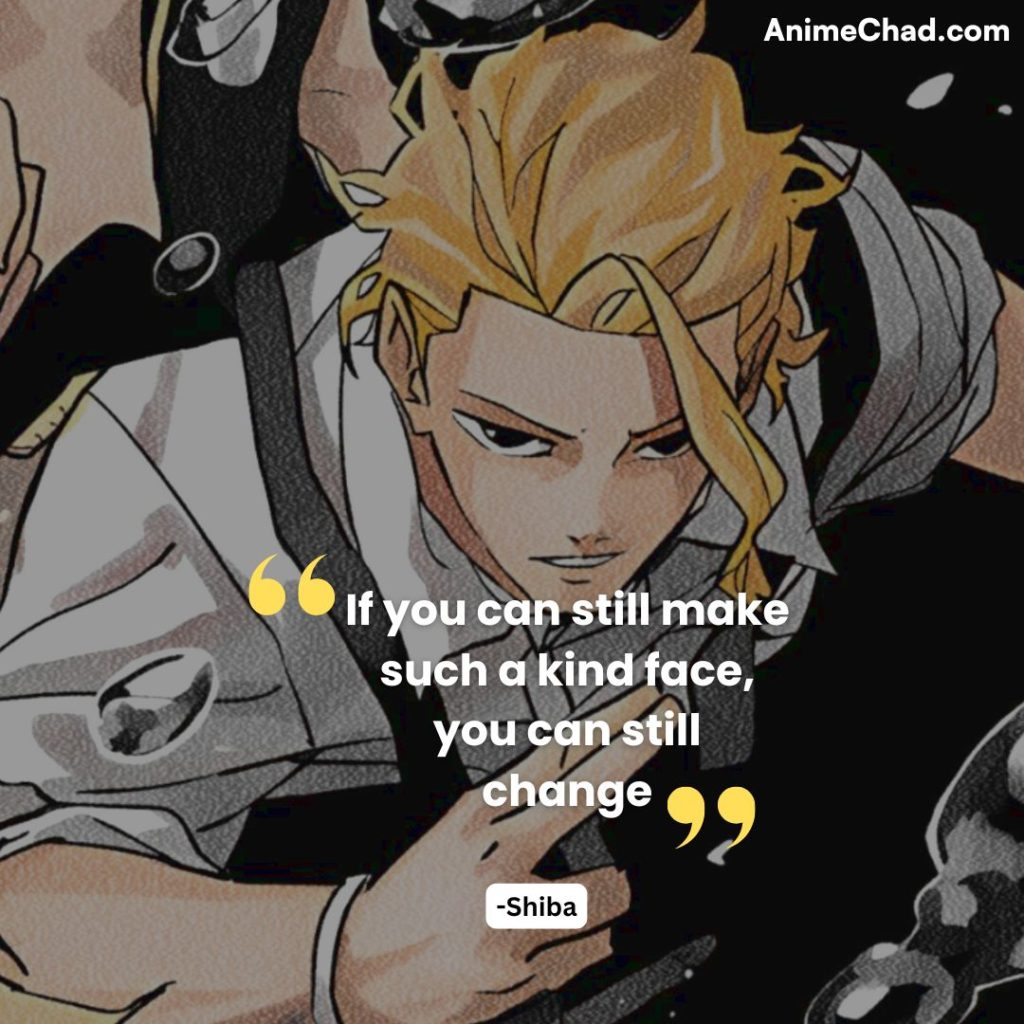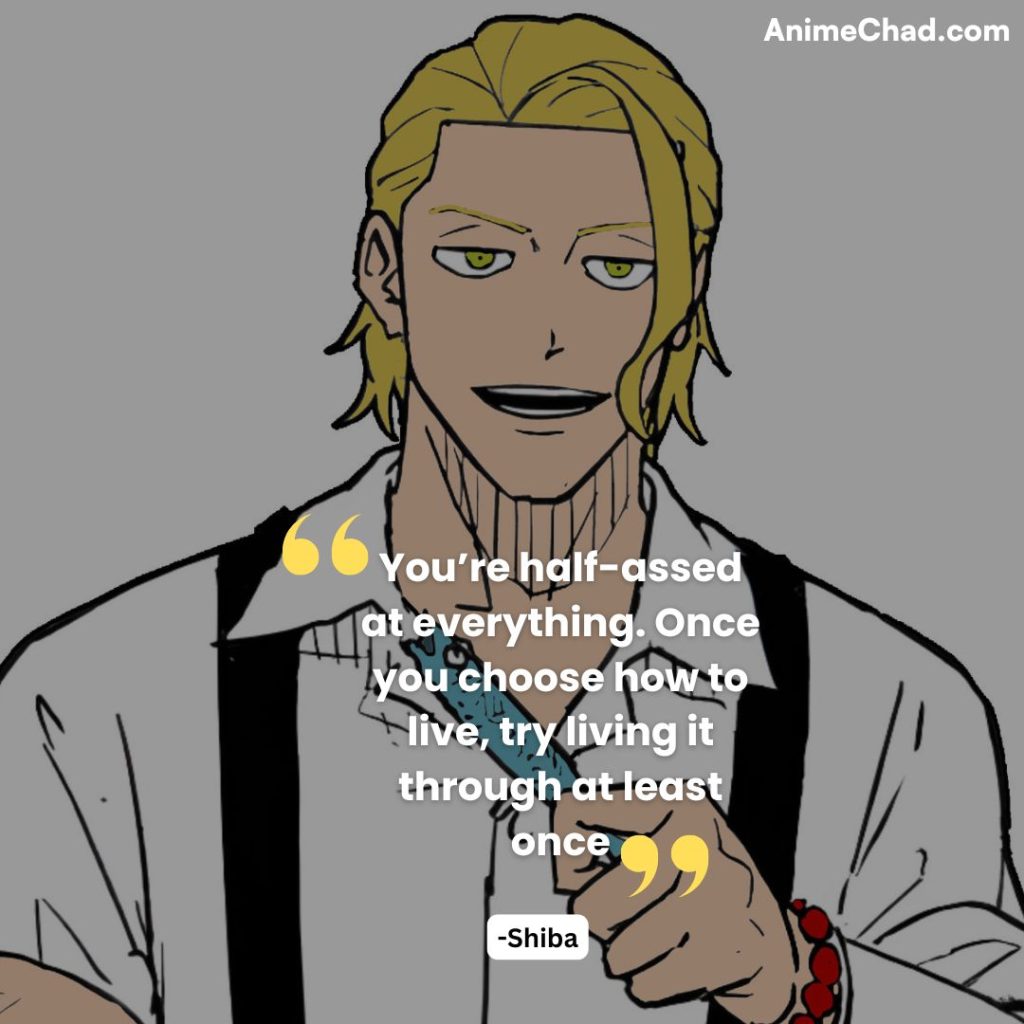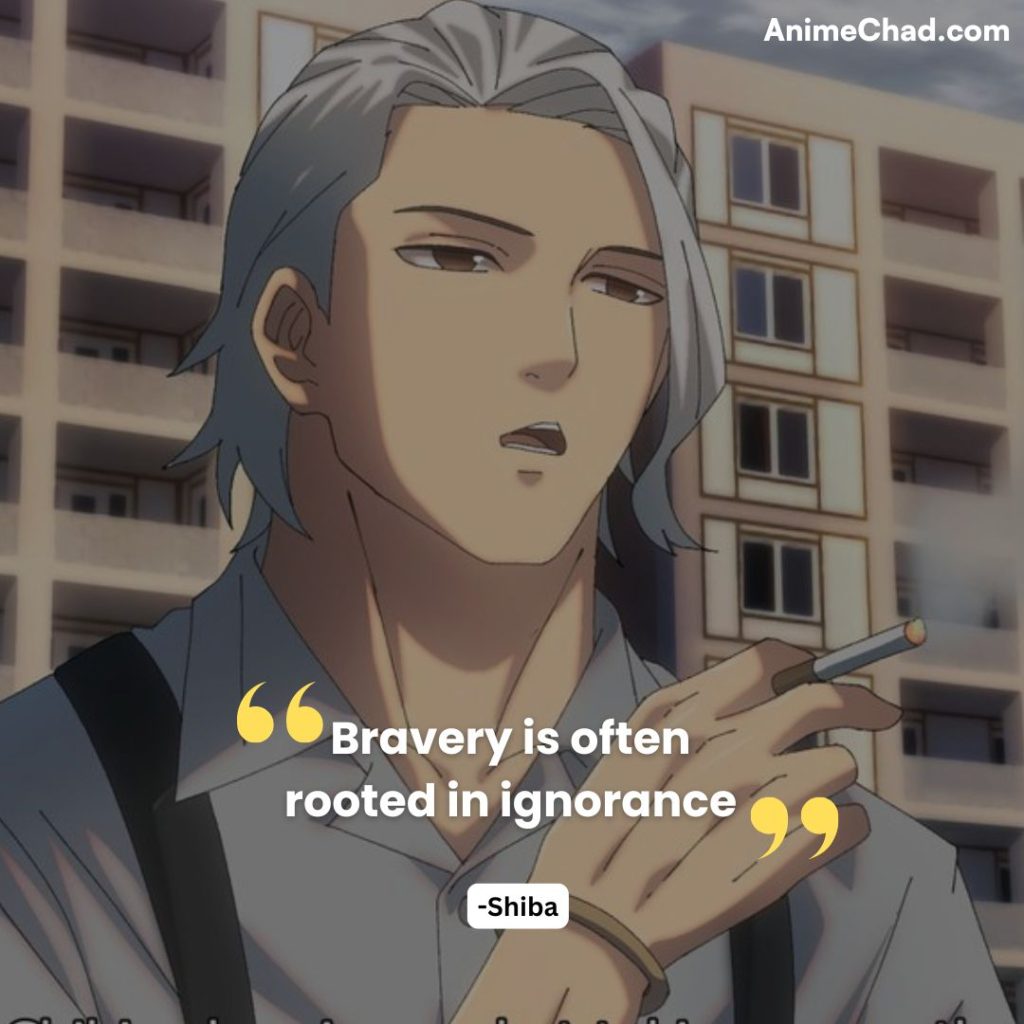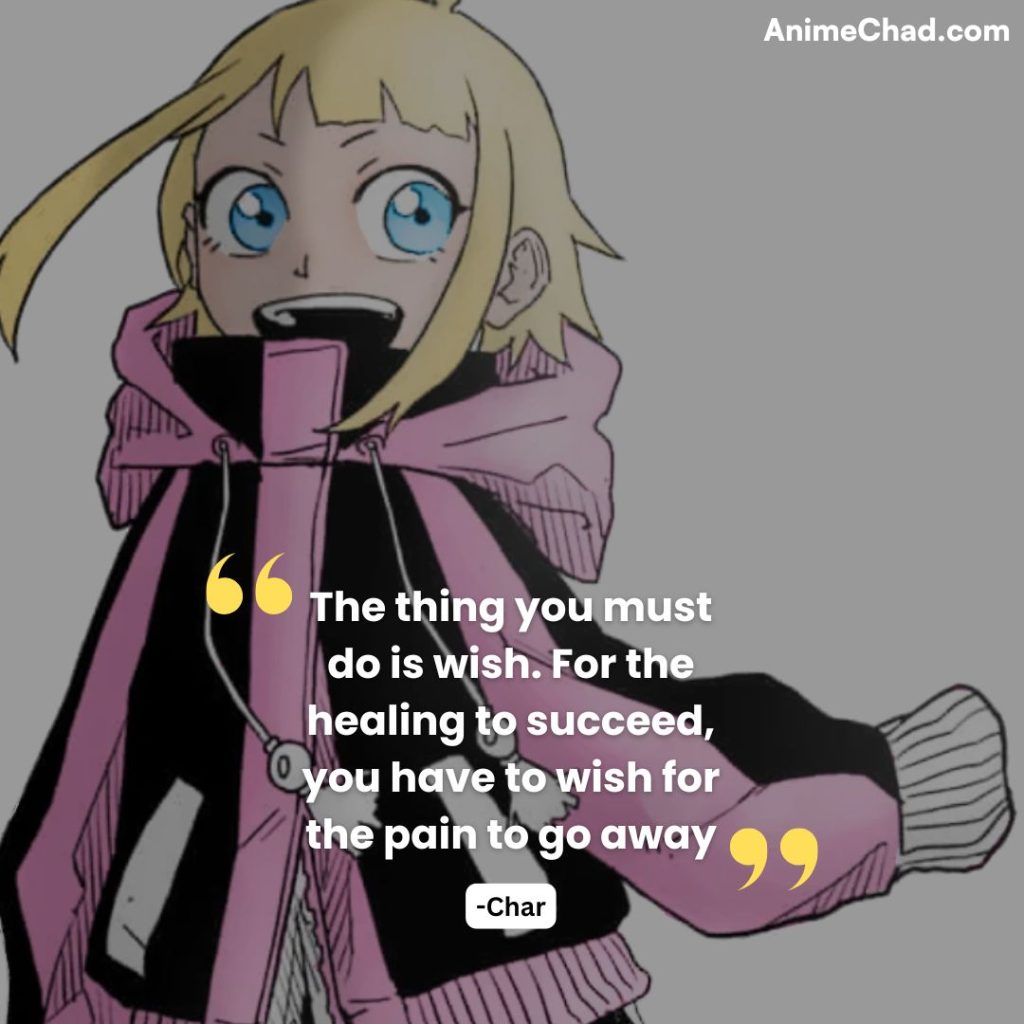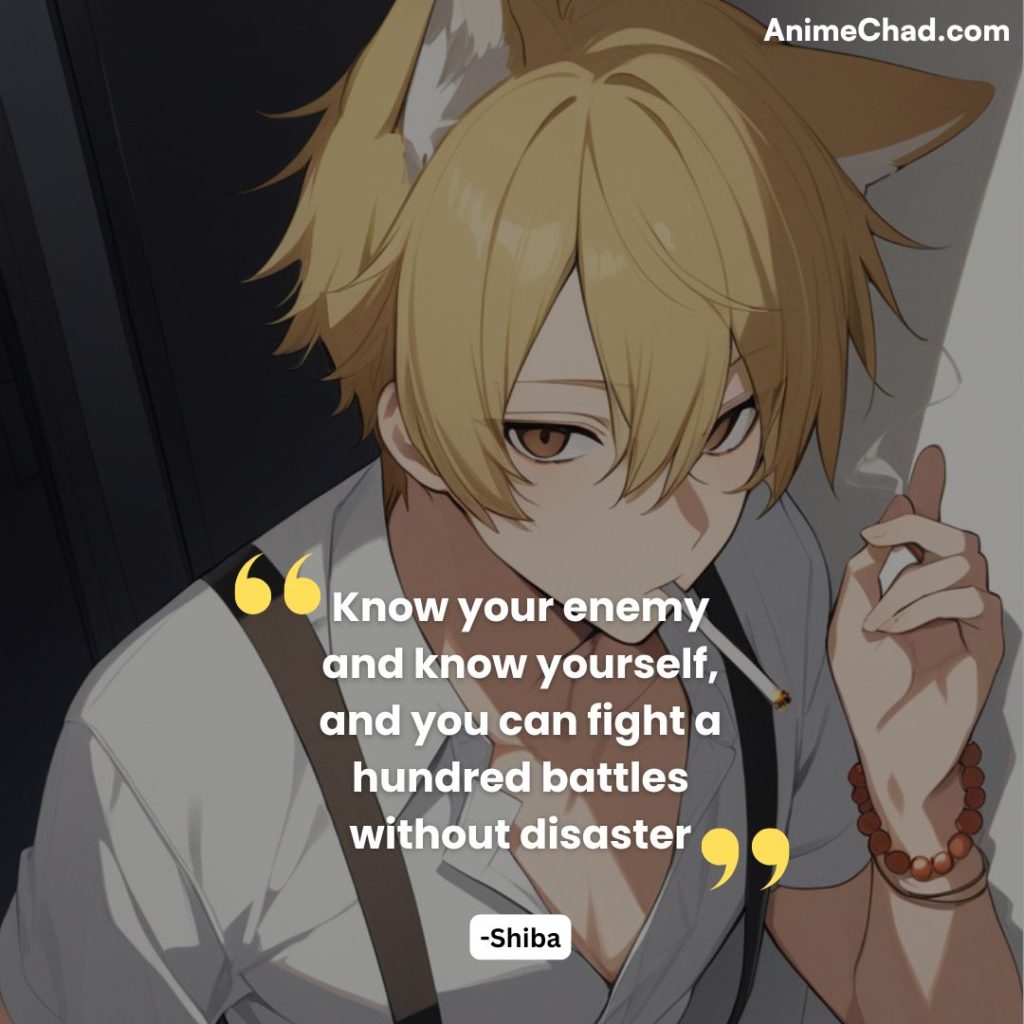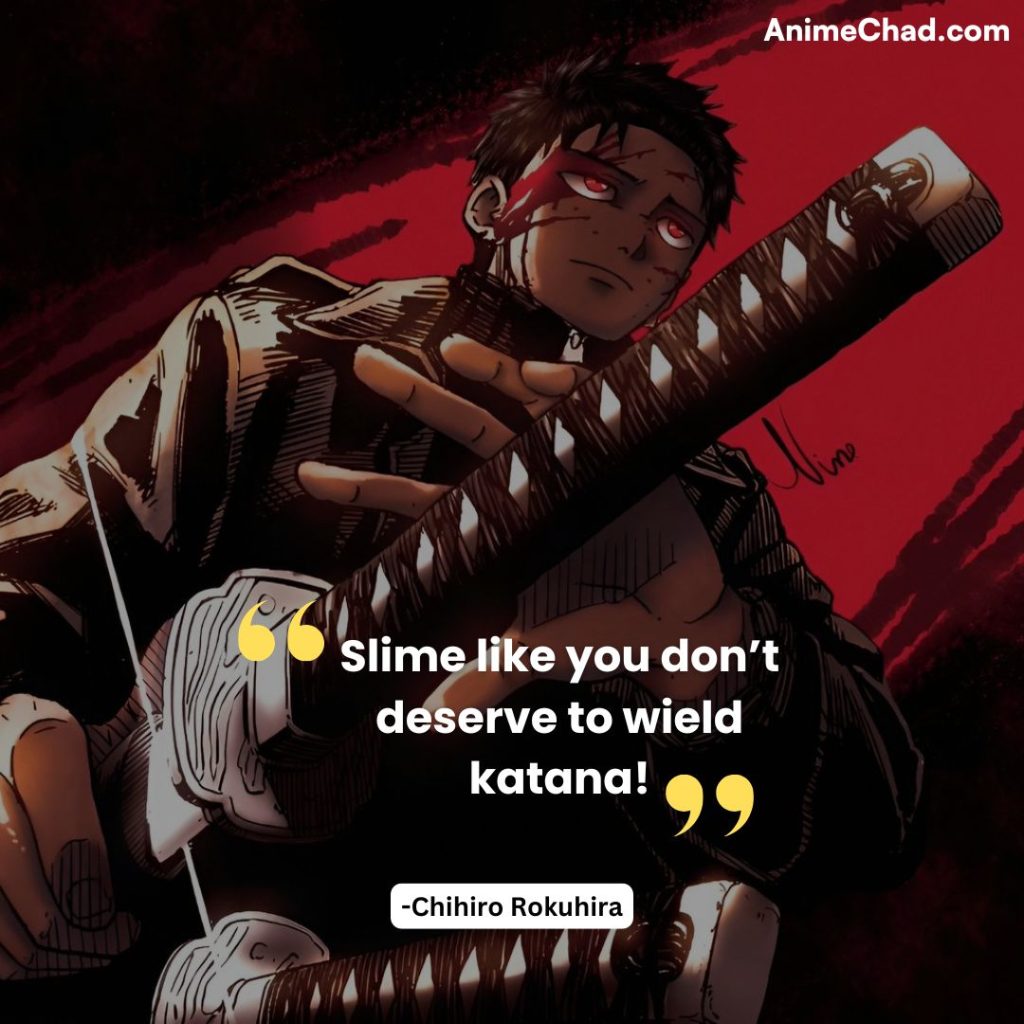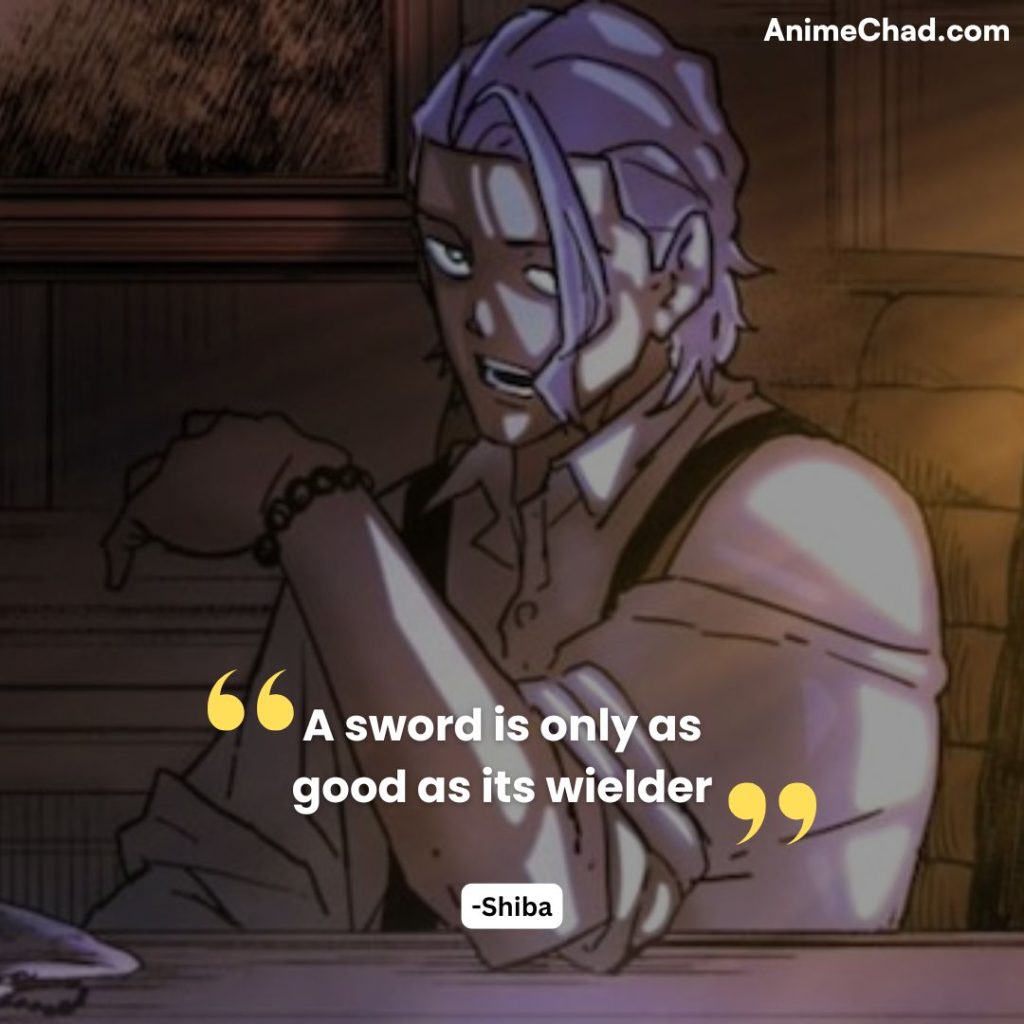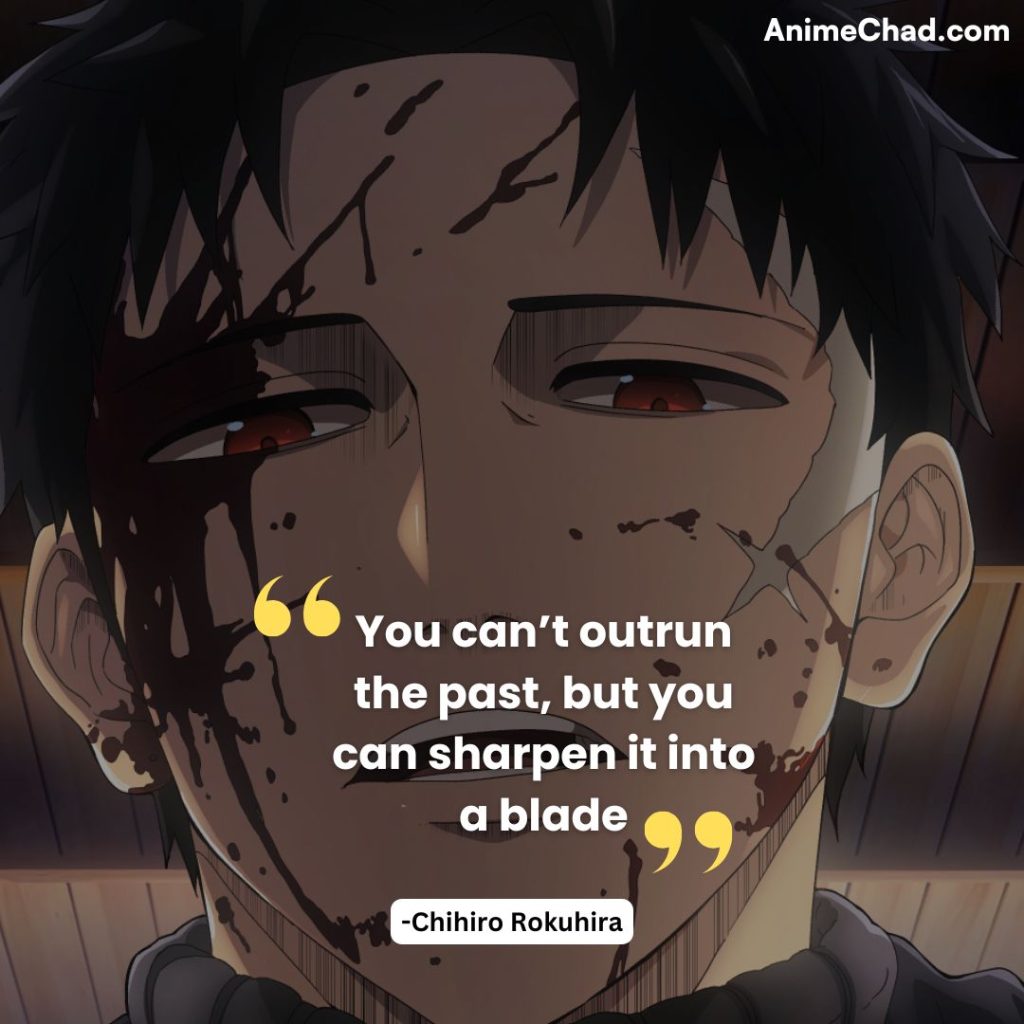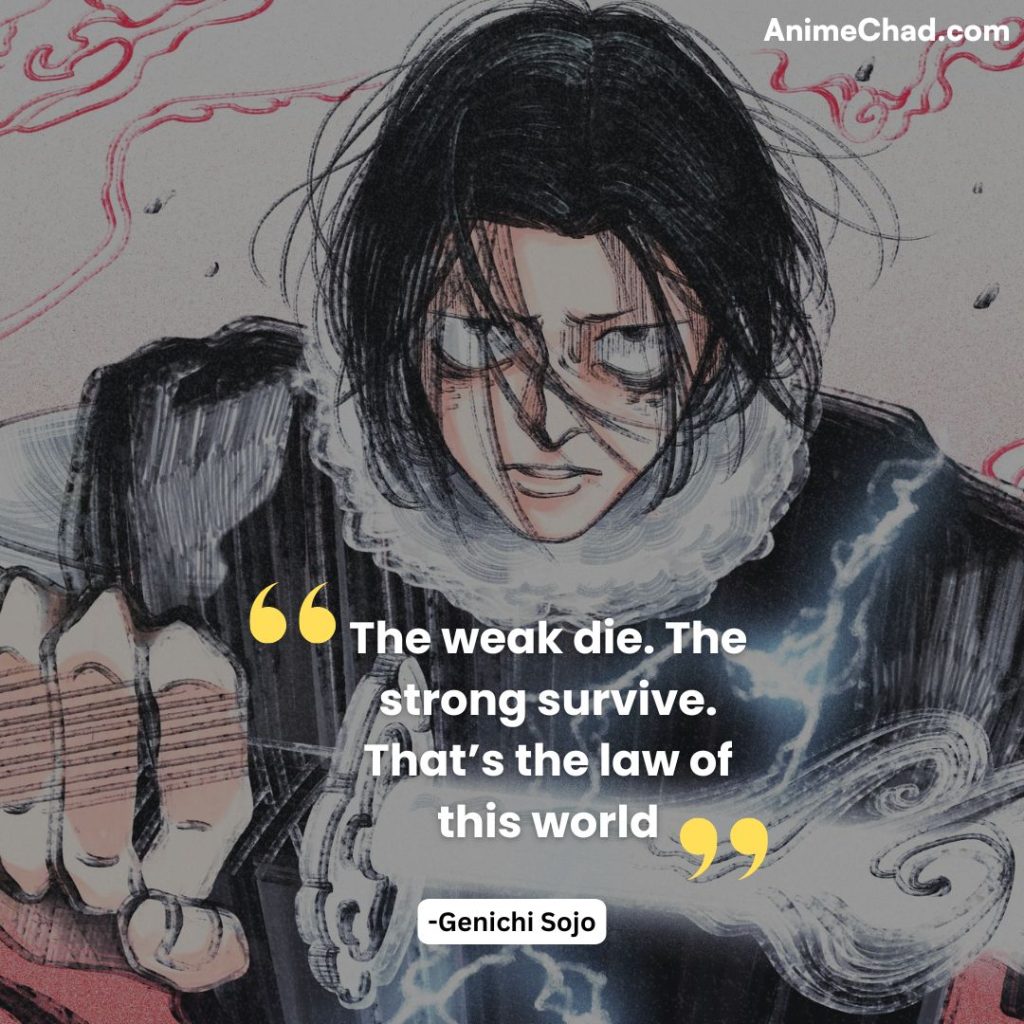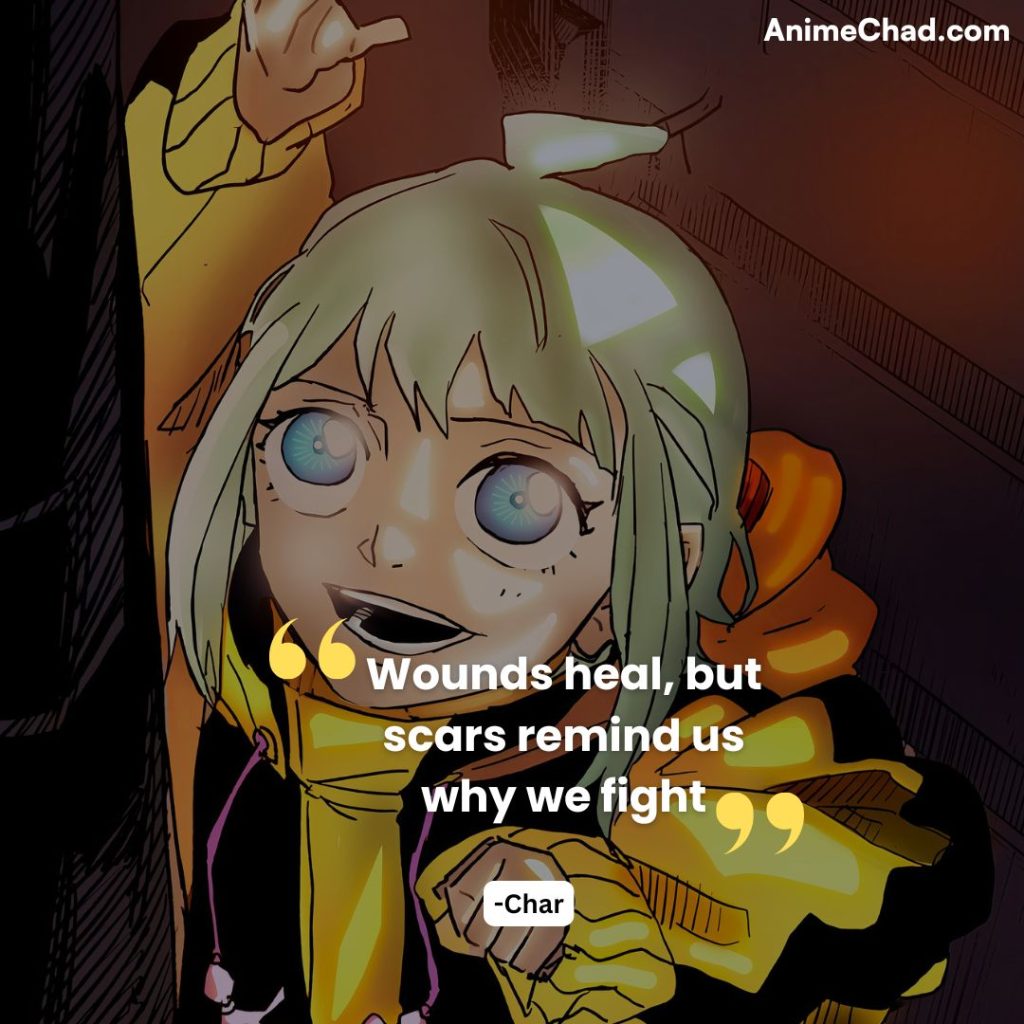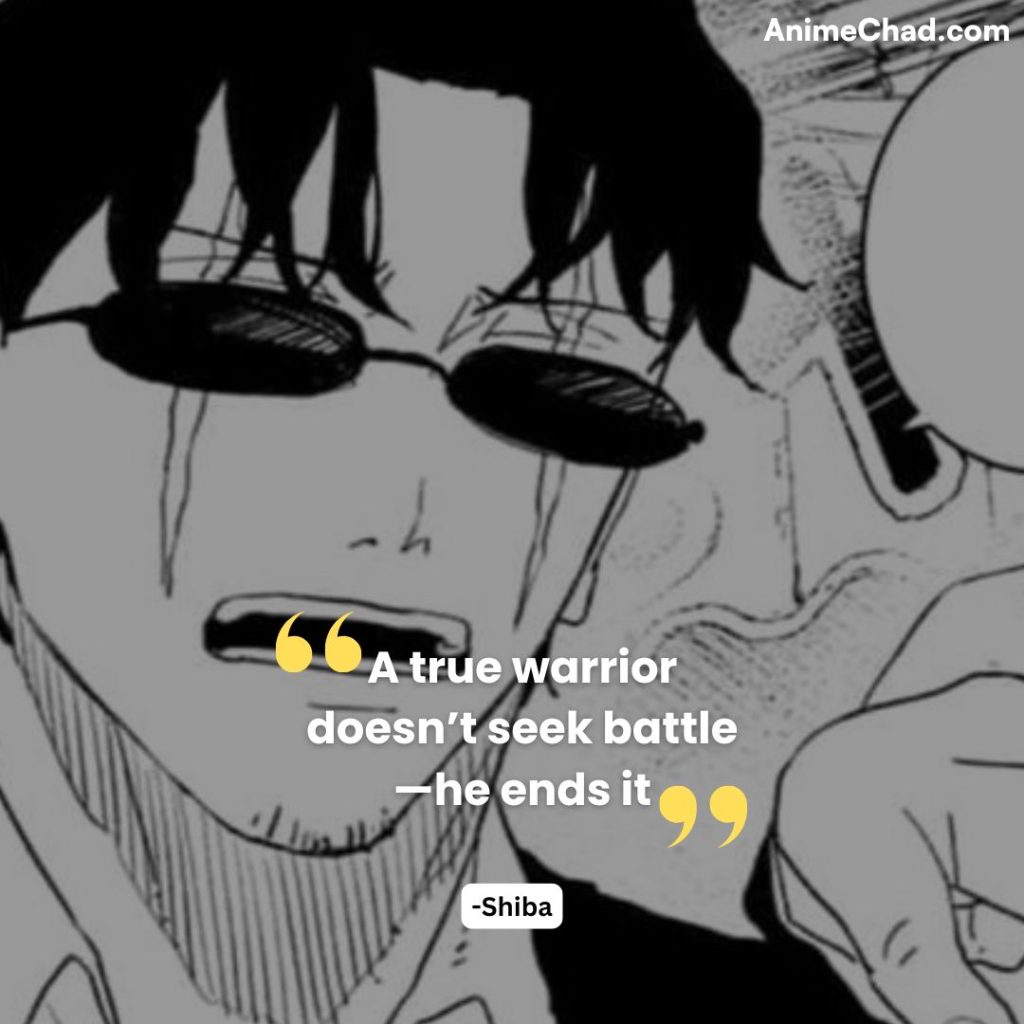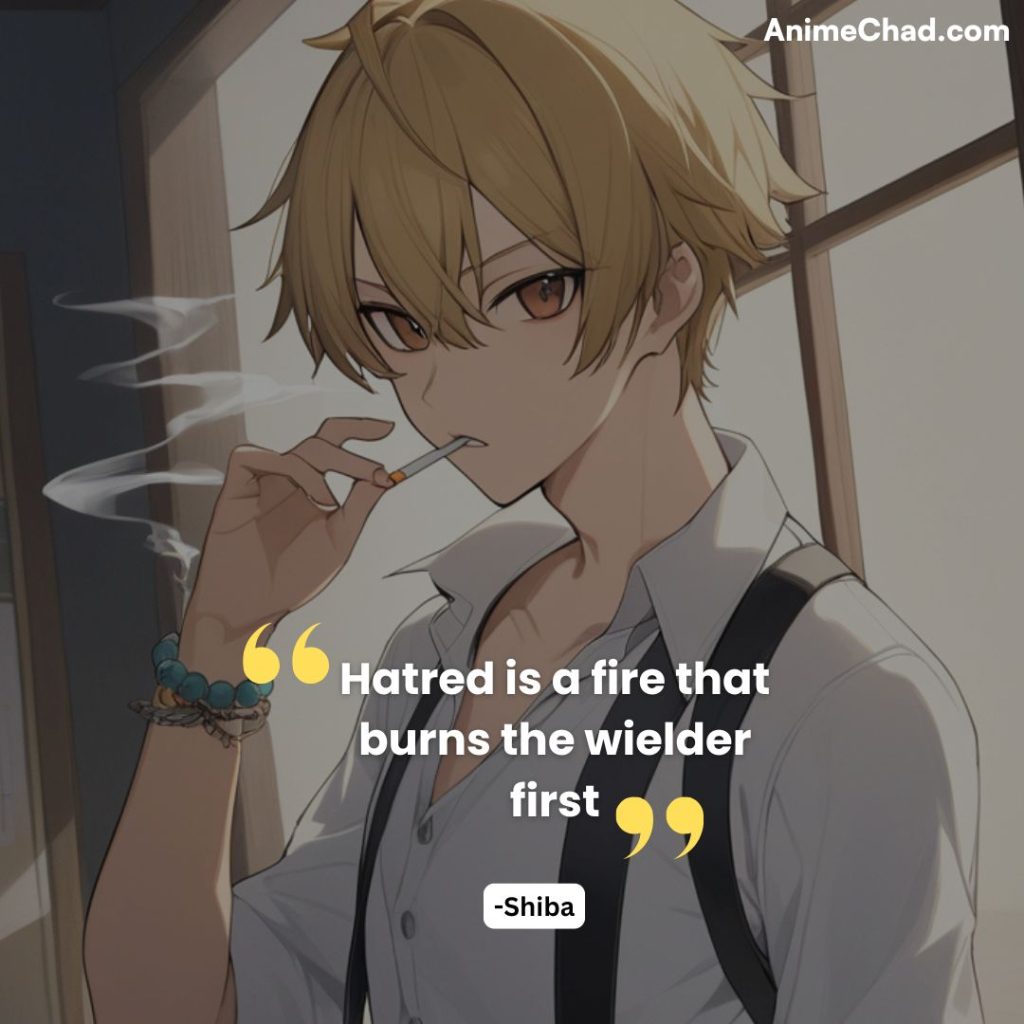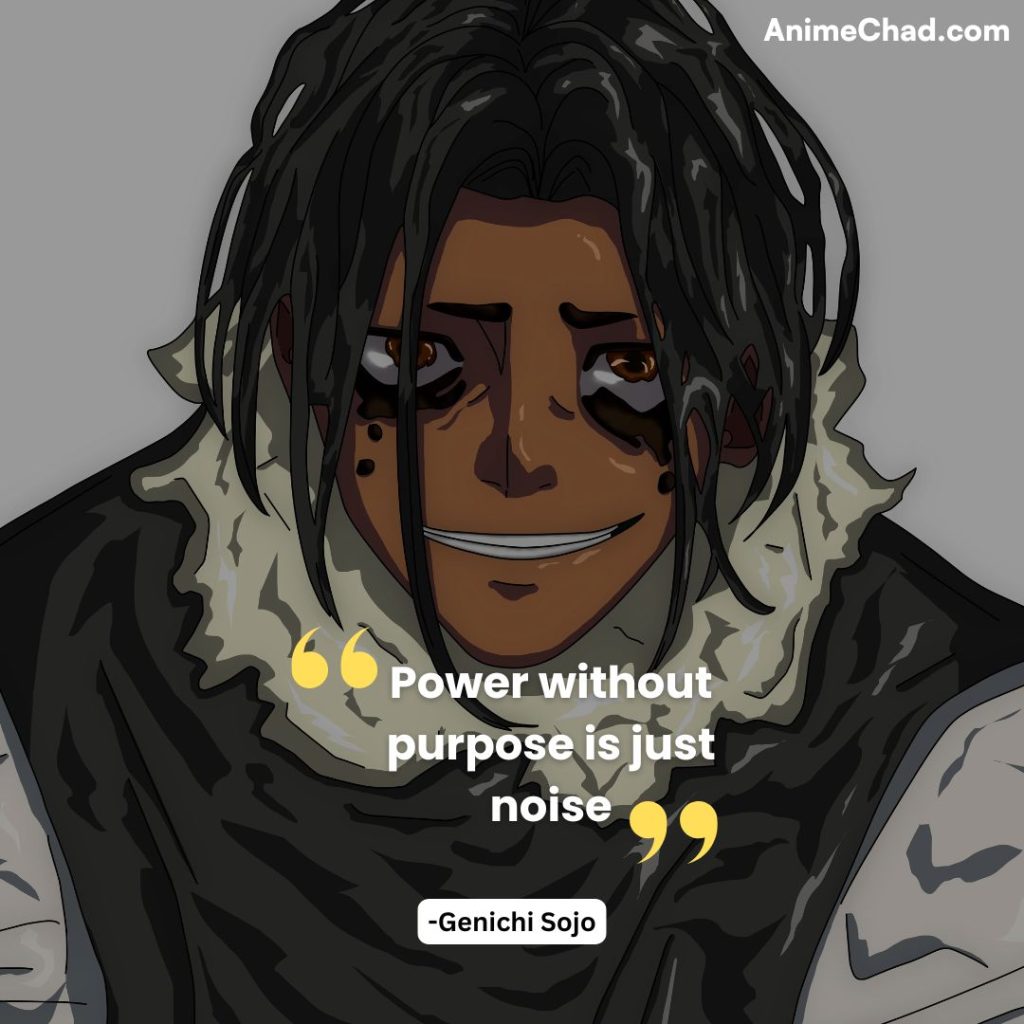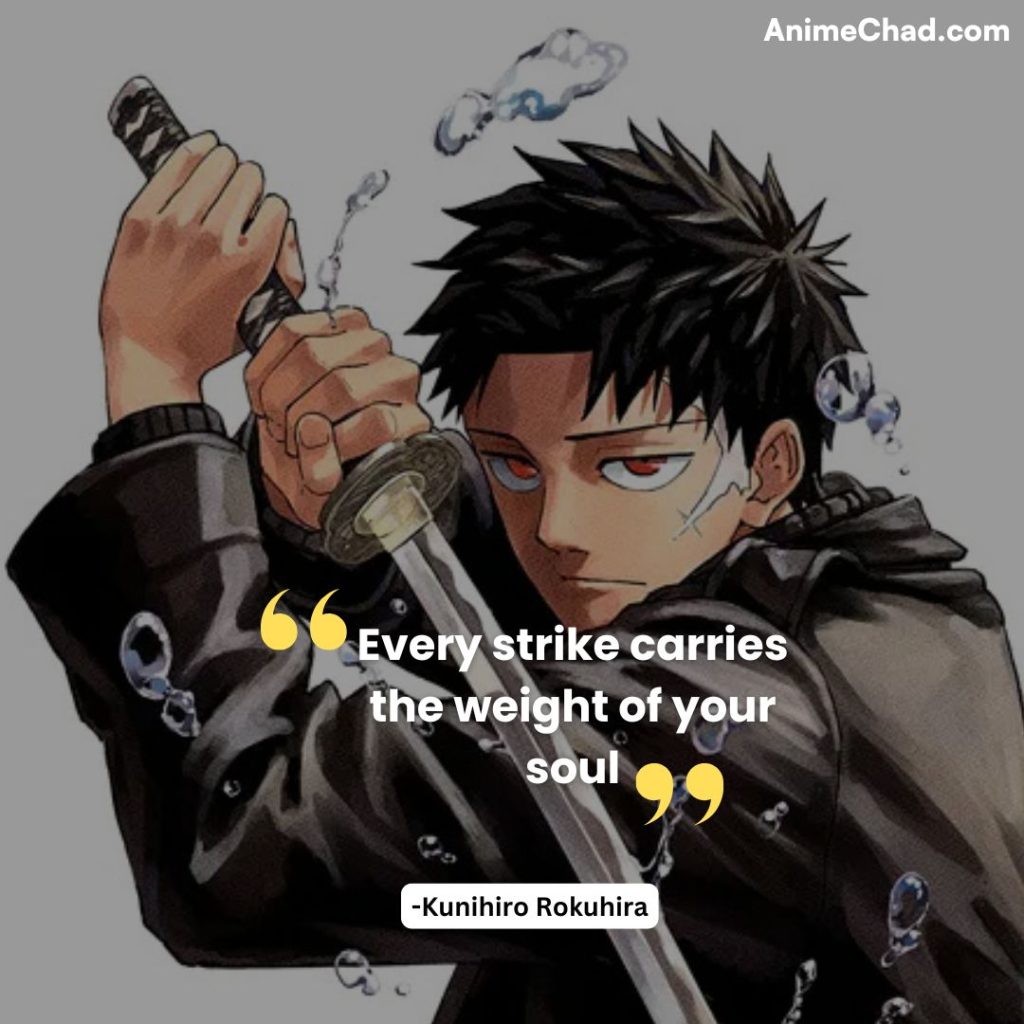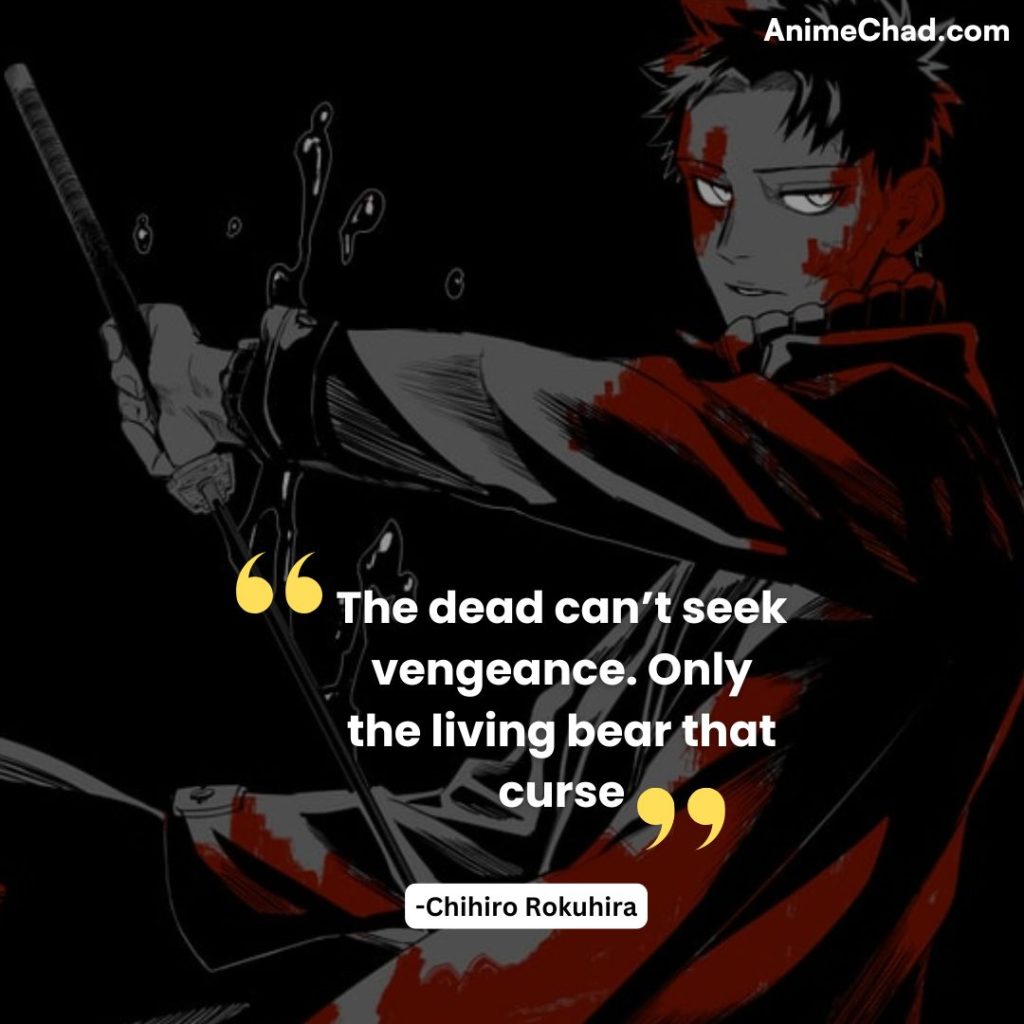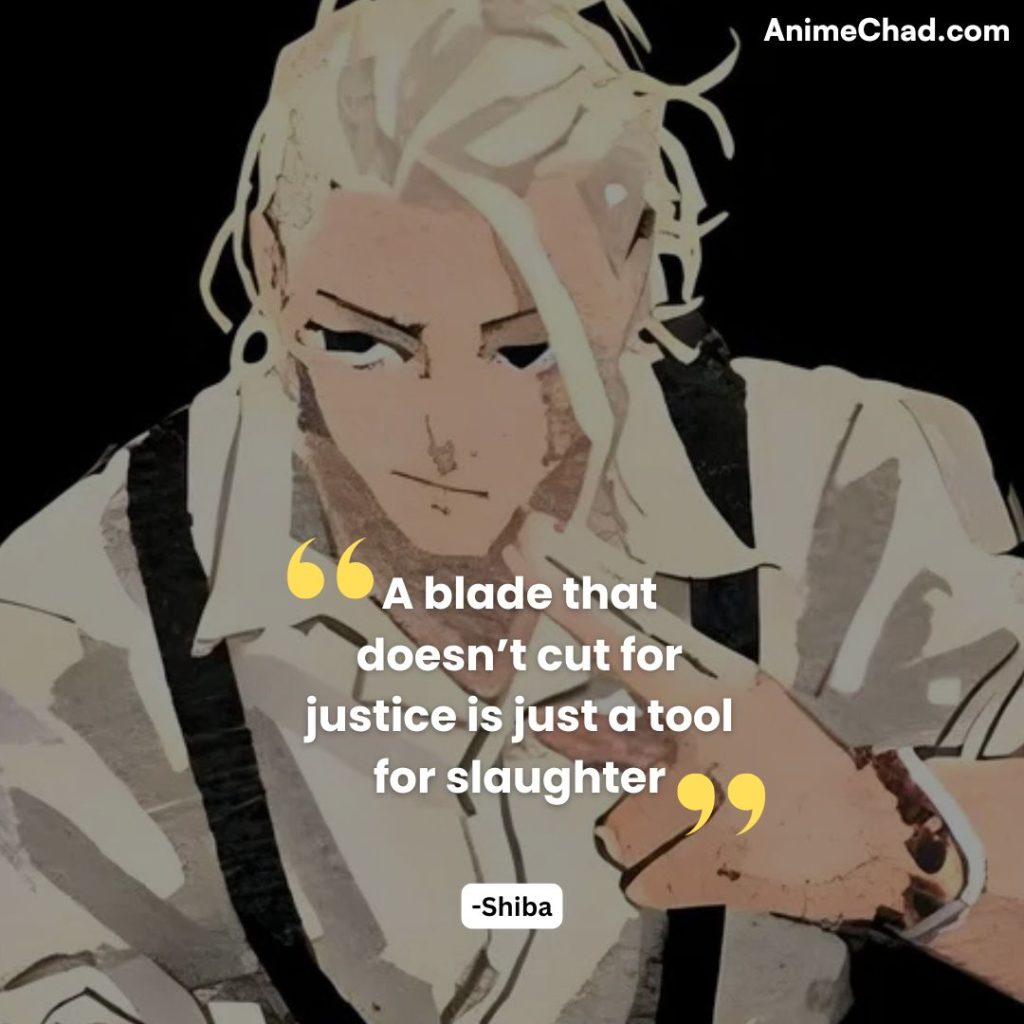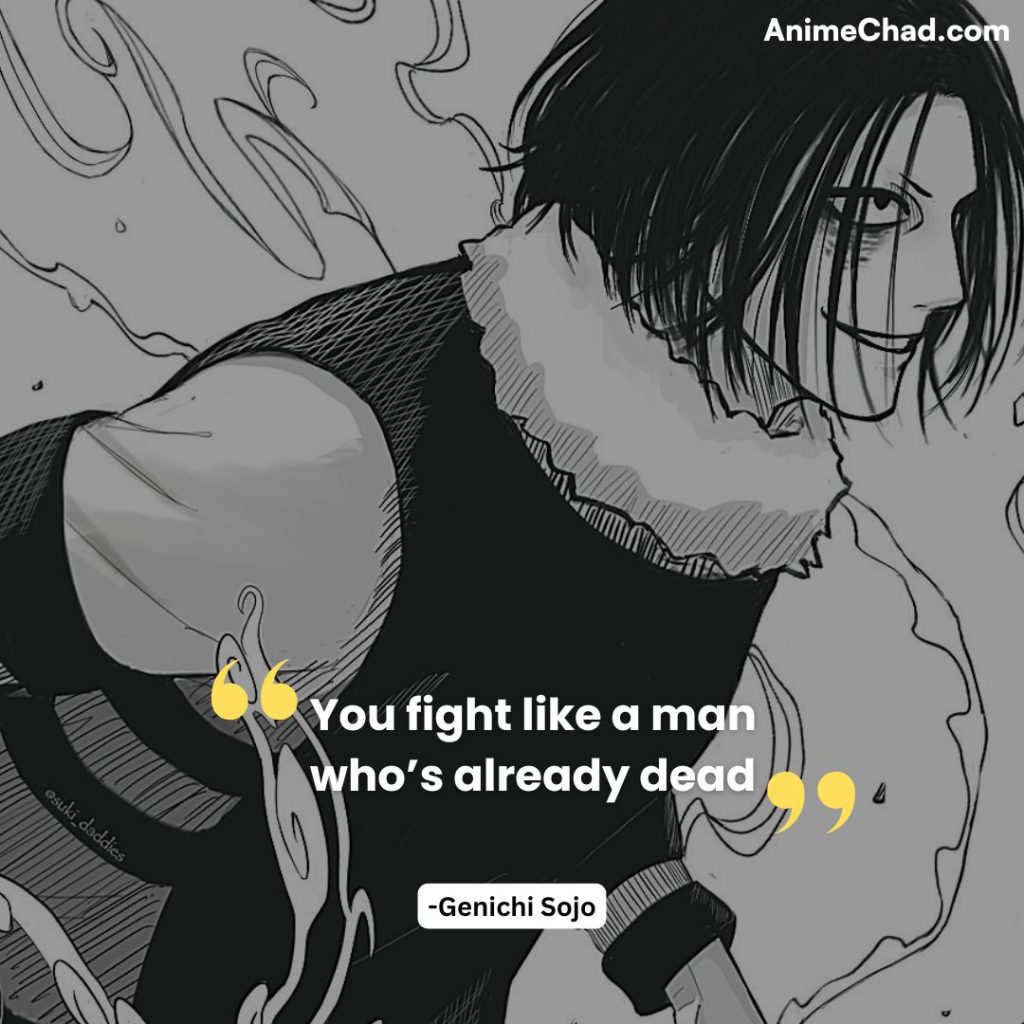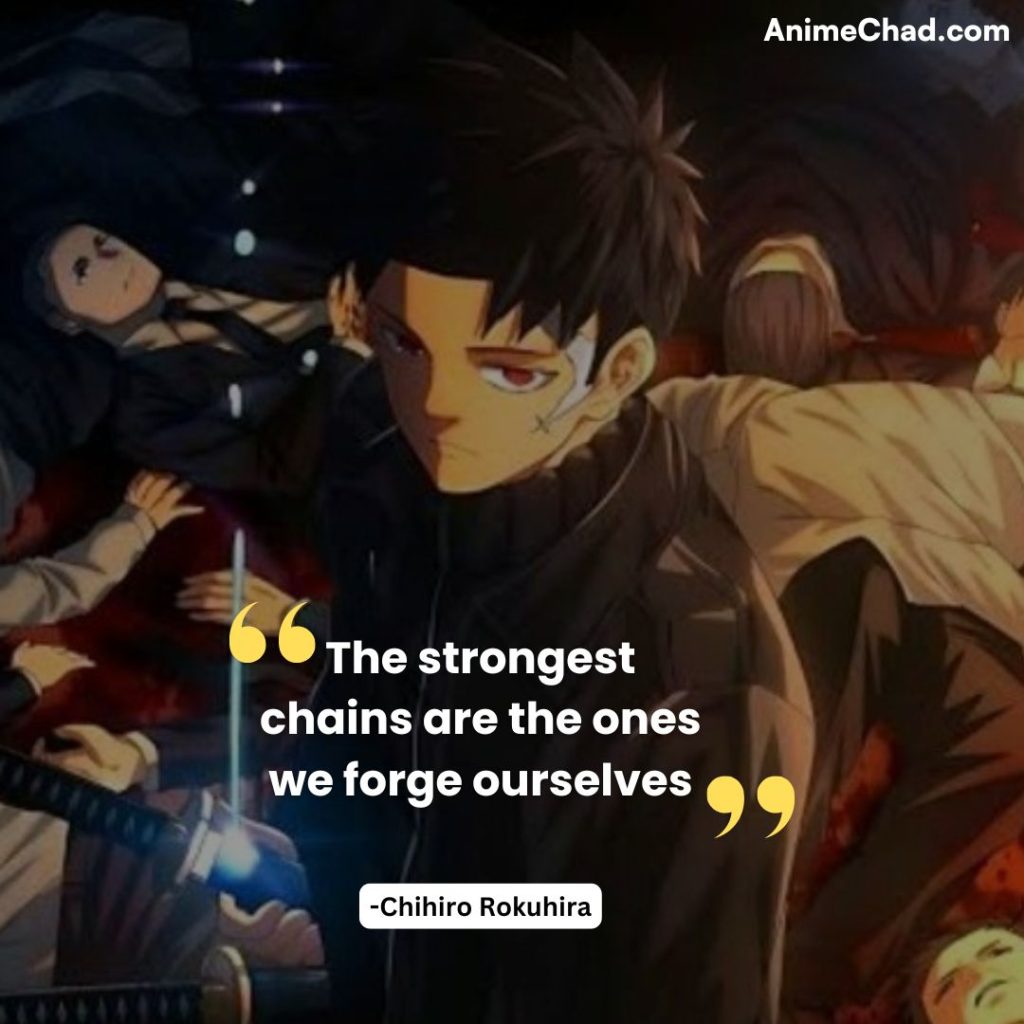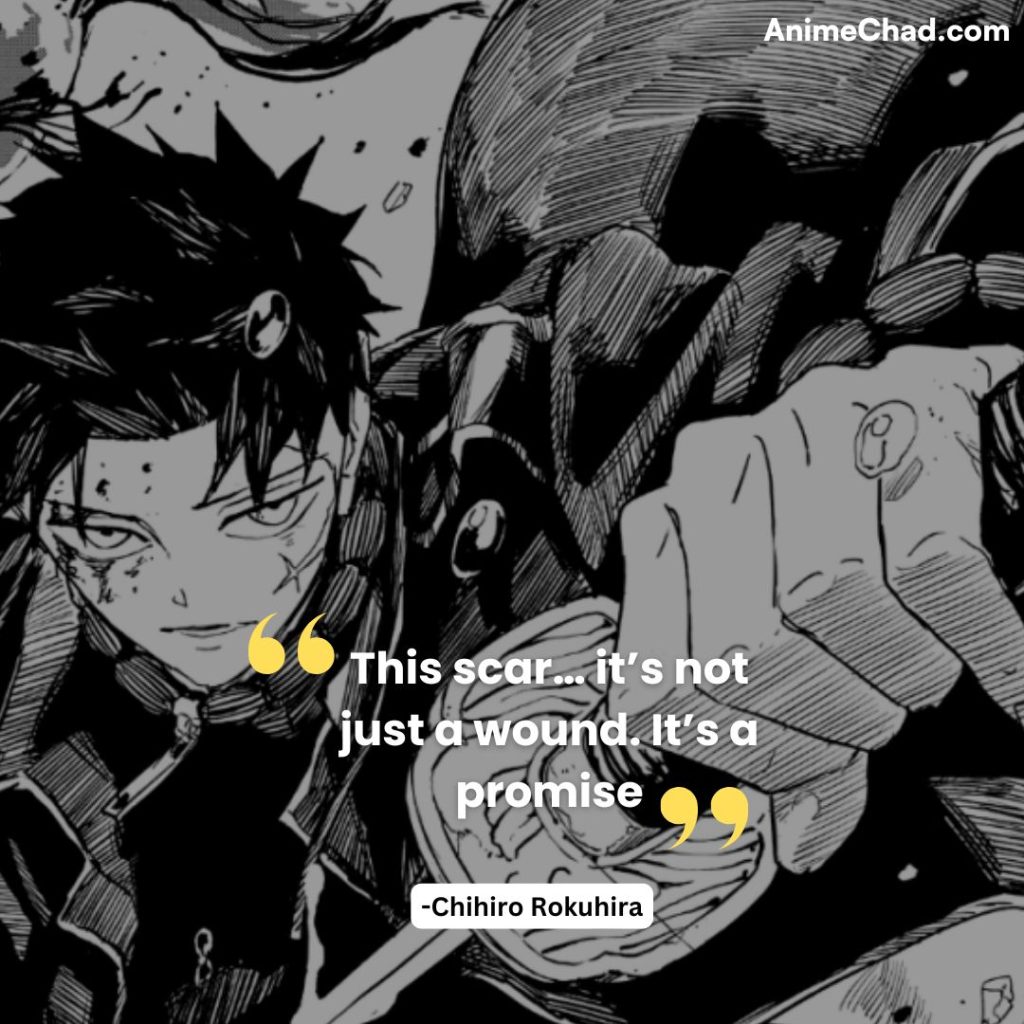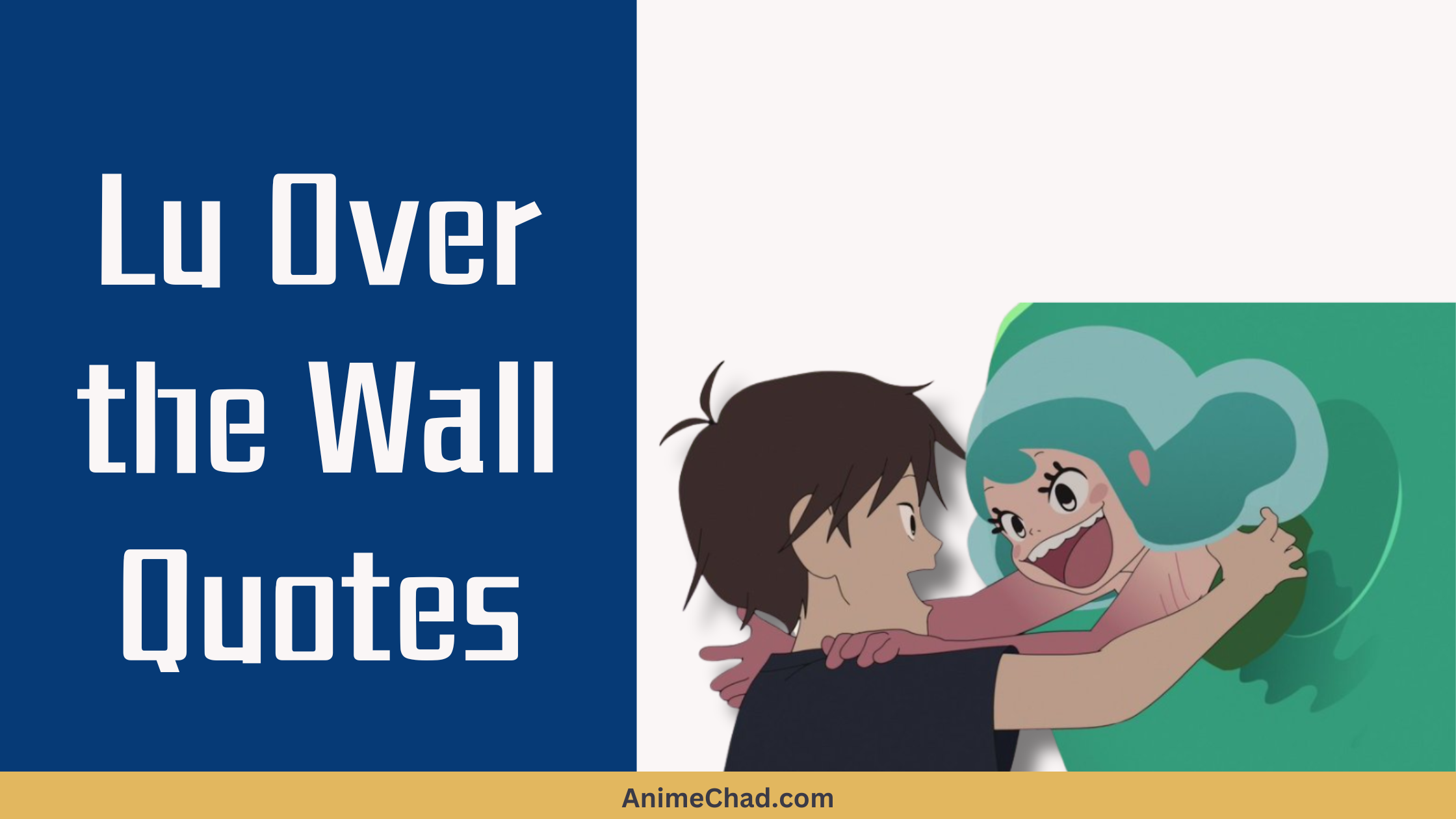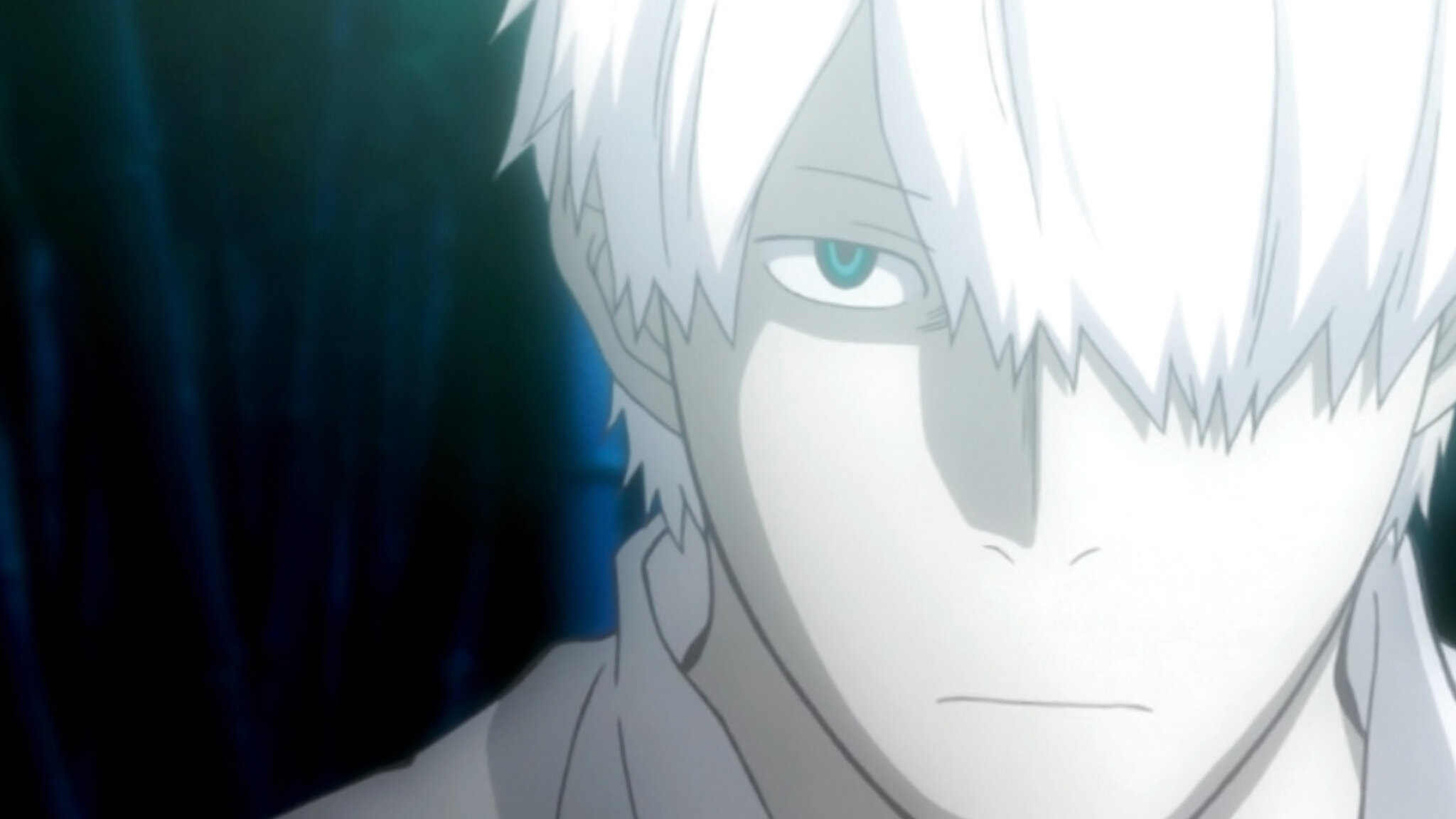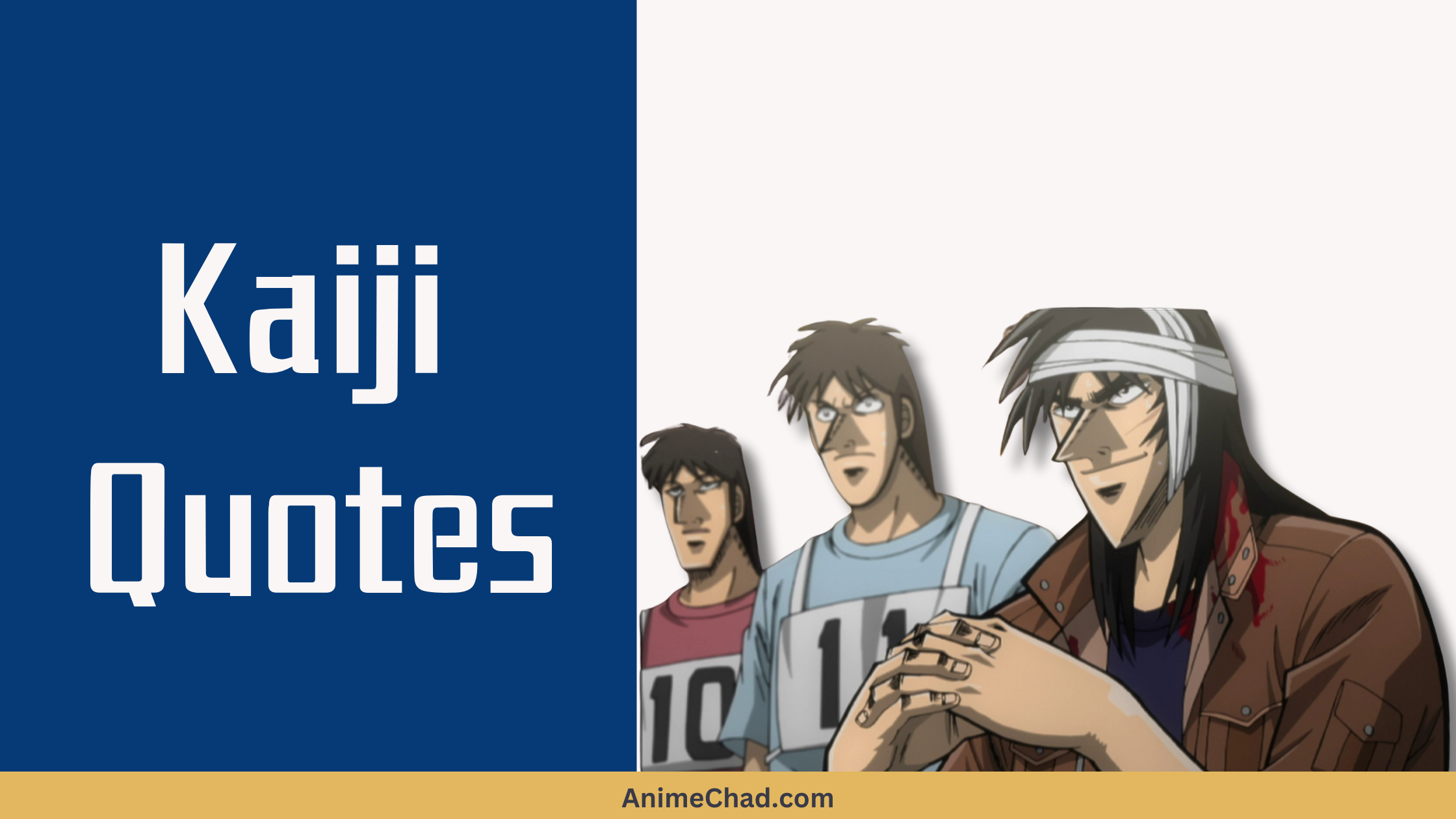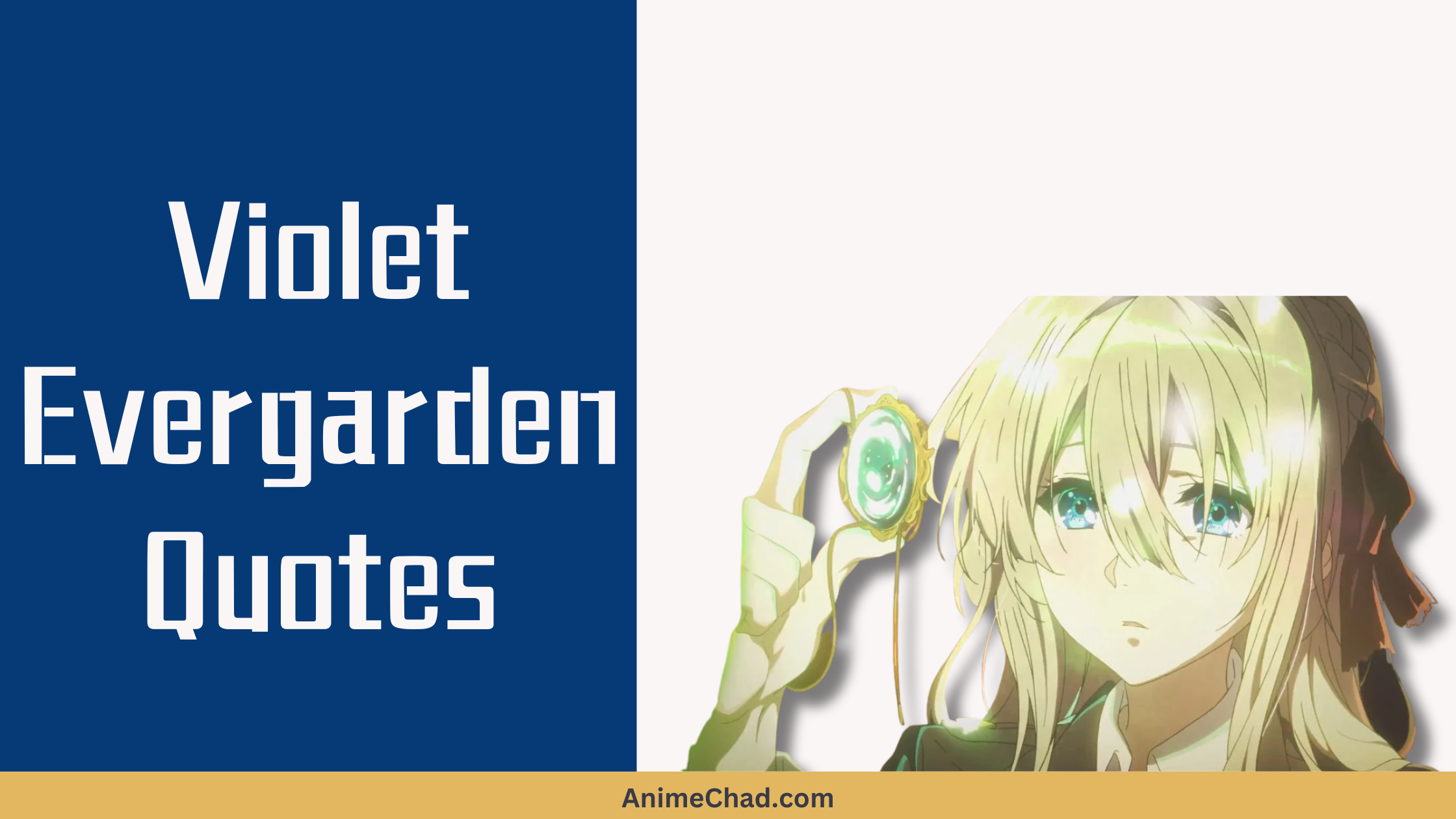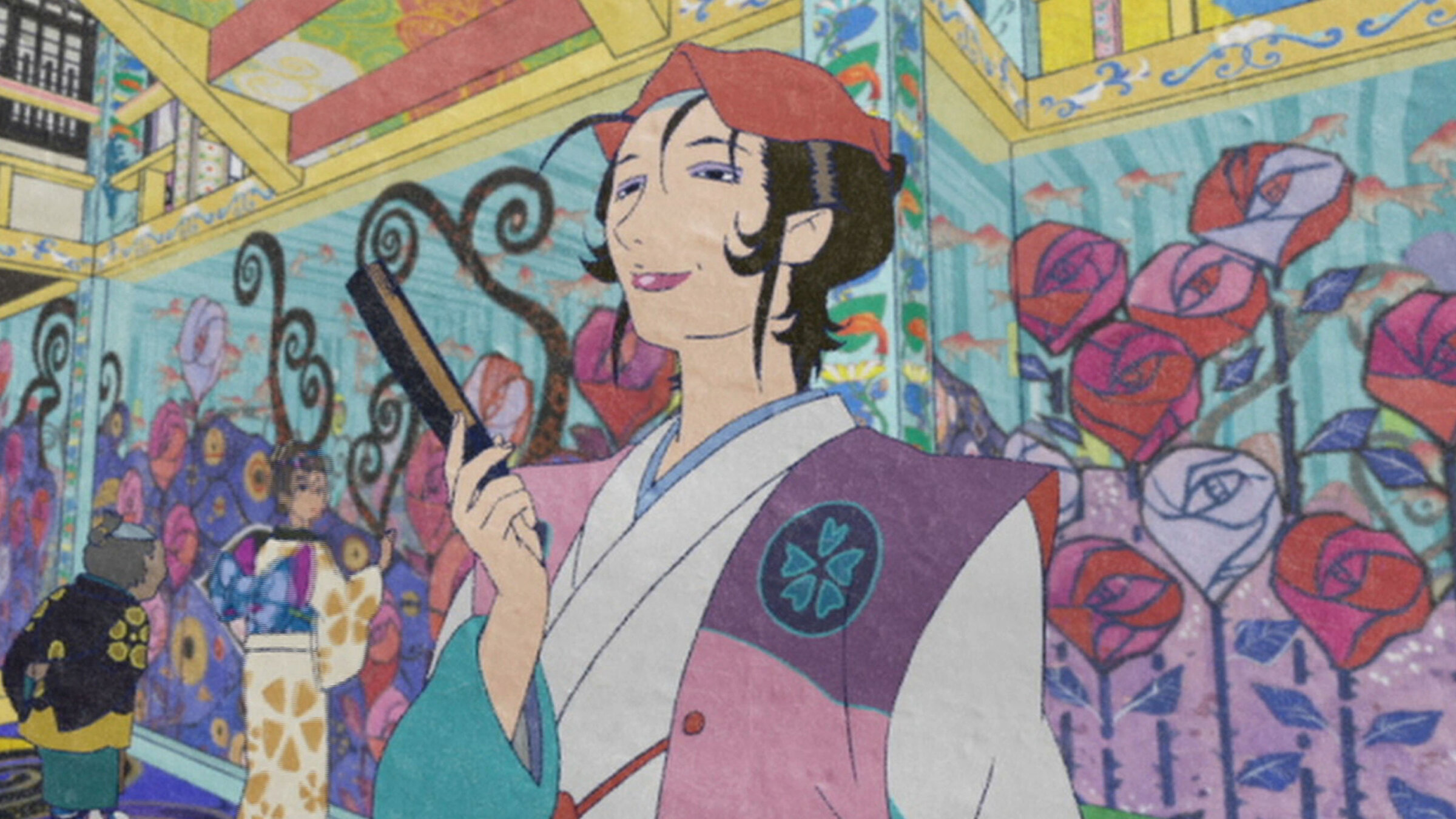Kagurabachi follows Chihiro Rokuhira, a young swordsmith seeking vengeance against sorcerers who murdered his father and stole mystical katana blades.
The series explores themes of revenge, moral responsibility, and the duality of weapons as tools for both destruction and protection.
This collection compiles pivotal quotes that define character motivations, philosophical conflicts, and the series’ gritty ethos across its evolving narrative.
Katana has always saved lives and slashed open new eras. But I’m sure you know they’re still tools for killing people
Chapter 1
Kunihiro Rokuhira
Chihiro’s father reflects on the katana’s dual nature, foreshadowing the moral burden of wielding mystical blades.
We’re complicit in the deaths they cause. If they fall into evil hands, they can kill good people
Chapter 1
Kunihiro Rokuhira
Establishes the swordsmith’s ethical duty, mirroring Chihiro’s later struggle to reconcile vengeance with justice.
Katana should be wielded by those dedicated to vanquishing evil and protecting the weak
Chapter 1
Kunihiro Rokuhira
Foundational principle that Chihiro adopts, driving his quest to reclaim his father’s blades from corrupt hands.
Every morning when I wash my face and look in the mirror, I see this scar. And I remember that day. So every day… I start the morning with fresh hatred
Chapter 1
Chihiro Rokuhira
Chihiro’s mantra of vengeance, symbolizing his trauma and unyielding resolve to avenge his father’s death.
To destroy the evil and to save the weak
Chapter 1
Chihiro Rokuhira
Chihiro’s mission statement, balancing his violent path with a commitment to protect innocents.
The Mystic swords are the ultimate weapons of massacre! They only exist for the purpose of stealing lives!
Chapter 8
Genichi Sojo
Sojo’s nihilistic view of the katana contrasts with Chihiro’s belief in their protective potential.
If you can still make such a kind face, you can still change
Chapter 5
Shiba
Shiba challenges Chihiro’s single-minded vengeance, hinting at his capacity for redemption.
You’re half-assed at everything. Once you choose how to live, try living it through at least once
Chapter 6
Shiba
Critiques Chihiro’s tunnel vision, urging him to fully commit to his chosen path.
Bravery is often rooted in ignorance
Chapter 3
Shiba
Undercuts Chihiro’s recklessness, emphasizing the cost of unexamined courage in their battles.
The thing you must do is wish. For the healing to succeed, you have to wish for the pain to go away
Chapter 10
Char
Char’s idealism contrasts with Chihiro’s rage, offering a thematic counterpoint to cycles of violence.
Know your enemy and know yourself, and you can fight a hundred battles without disaster
Chapter 2
Shiba
Strategic wisdom that shapes Chihiro’s approach to confronting sorcerers and mystical threats.
Slime like you don’t deserve to wield katana!
Chapter 7
Chihiro Rokuhira
Chihiro’s disdain for corrupt wielders, reinforcing his moral code amid brutal confrontations.
A sword is only as good as its wielder
Chapter 4
Shiba
Echoes the series’ focus on intent over power, critiquing blind reliance on mystical weapons.
You can’t outrun the past, but you can sharpen it into a blade
Chapter 12
Chihiro Rokuhira
Metaphor for Chihiro’s transformation of grief into purpose, despite its destructive potential.
The weak die. The strong survive. That’s the law of this world
Chapter 9
Genichi Sojo
Sojo’s ruthless philosophy, challenging Chihiro’s belief in protecting the vulnerable.
Wounds heal, but scars remind us why we fight
Chapter 11
Char
Char’s optimism juxtaposes Chihiro’s trauma, highlighting hope amid darkness.
A true warrior doesn’t seek battle—he ends it
Chapter 14
Shiba
Shiba’s pacifist ideals clash with Chihiro’s vengeful drive, deepening their mentor-student dynamic.
Hatred is a fire that burns the wielder first
Chapter 15
Shiba
Warns Chihiro about self-destruction, foreshadowing his internal conflict.
Power without purpose is just noise
Chapter 13
Genichi Sojo
Sojo mocks Chihiro’s lack of direction, questioning his deeper motives beyond revenge.
Every strike carries the weight of your soul
Chapter 16
Kunihiro Rokuhira
Posthumous advice from Chihiro’s father, guiding his son’s evolving swordsmanship.
The dead can’t seek vengeance. Only the living bear that curse
Chapter 18
Chihiro Rokuhira
Chihiro acknowledges the toll of his mission, hinting at future existential doubts.
A blade that doesn’t cut for justice is just a tool for slaughter
Chapter 20
Shiba
Moral critique of Chihiro’s actions, urging him to define his “justice.”
You fight like a man who’s already dead
Chapter 17
Genichi Sojo
Sojo taunts Chihiro’s self-destructive tendencies, questioning his will to survive.
The strongest chains are the ones we forge ourselves
Chapter 19
Chihiro Rokuhira
Chihiro’s realization about self-imposed limitations, marking a turning point in his growth.
This scar… it’s not just a wound. It’s a promise
Chapter 21
Chihiro Rokuhira
Recontextualizes his trauma as a vow to protect others, signaling thematic maturation.

